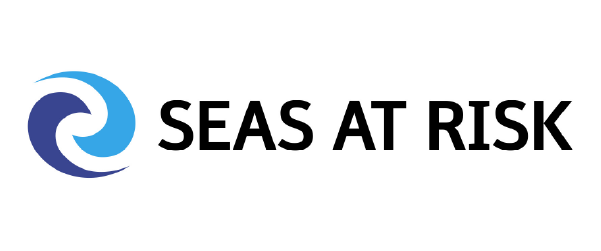One That Protects the Environment and is Socially Just
We are in the midst of the climate crisis, feeling the effects of climate change almost on a daily basis. At a political level, with the signature of the Paris Agreement and the adoption of the European Green Deal, the EU has agreed to transition to a sustainable Europe that will achieve carbon neutrality by 2050. In order to reach these objectives, human societies need to start or accelerate the decarbonisation of all sectors of the economy.
To start the decarbonisation process in EU fisheries, in February 2023 the European Commission launched a communication on the Energy transition.
We call for an immediate start to a JUST transition towards carbon-neutral fishing that effectively contributes to safeguarding marine biodiversity while strengthening coastal communities.
For the EU fisheries sector, we support a transition towards fisheries activities that use less fuel, and have a lower impact on the environment. We also call for a financing mechanism that taps into fair and coherent use of public money alongside private financing opportunities.
Promoting a transition towards low impact fisheries will require immediate action using the tools and knowledge available, as well as complementary data on emissions and impact of fishing on the wider marine environment, and on the role of the ocean as climate regulator and of fish stocks as carbon engineers.
Decarbonisation should start now using the tools already at hand: reducing overfishing, reducing fuel consumption, increasing selectivity, prioritising allocation of fishing opportunities to more selective and less destructive fishing methods, increasing energy efficiency on board and training people on challenges, opportunities and new technologies. Decarbonisation will also require eliminating harmful incentives such as fossil fuel subsidies.
Technological improvements to support the energy transition will be key – but will lead to a just energy transition only if it protects all parts of society, in particular the more vulnerable ones, and the environment. Decarbonisation cannot mean losing the small-scale fisheries that constitute the very fabric of our coastal communities, while energy efficiency cannot mean emitting fewer greenhouse gases while scraping away life from all EU waters.
The fishing sector must play its part in addressing simultaneously the biggest challenges of our time that are intertwined — the loss of biodiversity and the climate crisis. Financing this energy transition will require national governments to be bold and have an inclusive vision for the EU fisheries sector.
Despite the adoption of the Sustainable Development Agenda and the Paris Agreement, EU governments continue to provide billions in fossil fuel subsidies that degrade our environment, contribute to the climate crisis and give the wrong incentives to a large share of economic sectors.
The EU and its Member States must stop subsidising fossil fuels, otherwise there will be no energy transition.
Lower taxes or full tax exemptions are allowed for commercial fuel in the aviation, transport, fisheries, energy generation and maritime sectors, and for the production and extraction of coal, gas and oil.
These indirect subsidies are preventing these industries’ green transition, and in some cases, contributing to the depletion of the environmental resources on which those activities depend. These wide-ranging harmful fossil fuel subsidies are incompatible with the EU’s international commitments, with the EU’s internal climate and environmental objectives set out in the European Green Deal, and with the EU’s diplomacy to promote a global fossil fuel phase out.
The “polluter pays” and “do no significant harm” principles should therefore be a default measure for all economic activities (from energy or transport to fisheries), with the aim of assigning a proportionate price to the environmental impacts of energy production and use, and to shift the fiscal burden of the transition from households to polluters. The elimination of environmentally harmful subsidies, including fossil fuel exemptions, is necessary to internalize the true costs of certain activities, to incentivize decarbonisation, to achieve the zero-pollution ambition and to promote a just transition to a sustainable and green economy.
The elimination of fossil fuel subsidies goes hand in hand with the prioritization of available EU and national public funds towards decarbonisation.
Decarbonisation should start now, using available EU and national funds to invest not only in measures that can reduce CO2 emissions but also in measures that can reduce further environmental impacts of economic activities on the wider environment including the ocean and its role as climate regulator, and that reduce the impact of pollution on human health.
In fisheries, EU funds and other national public funds should support the decarbonisation process in particular for those parts of the sector that are more vulnerable to changes such as small scale coastal fisheries and artisanal fisheries which are willing to transition towards low impact fisheries and less energy intensive fisheries. We need to ensure that the energy transition is also a socially fair transition.
Anything less would miss this once-in-a-generation opportunity to replot the course of climate change towards climate neutrality, improve the health of our environment (from the quality of our air to our ocean ecosystems), and help ensure that the environment will continue to provide now and into the future.





